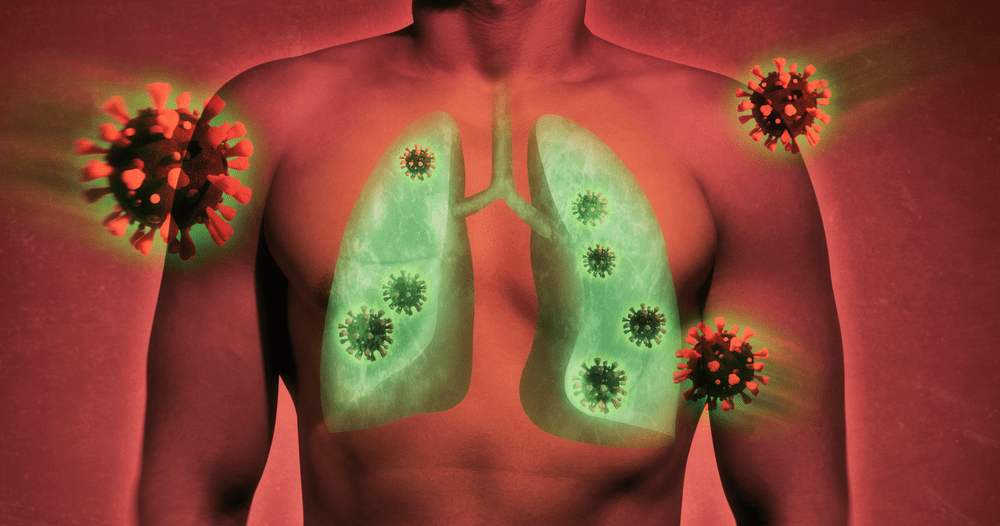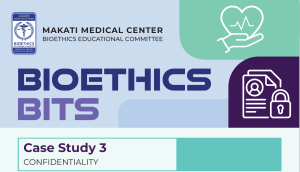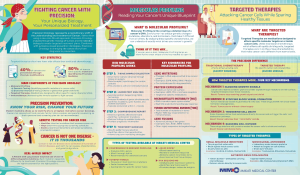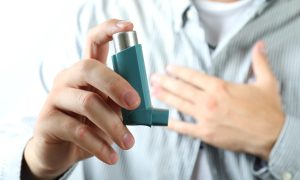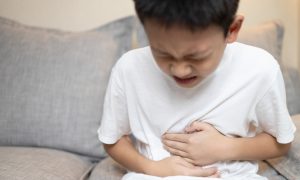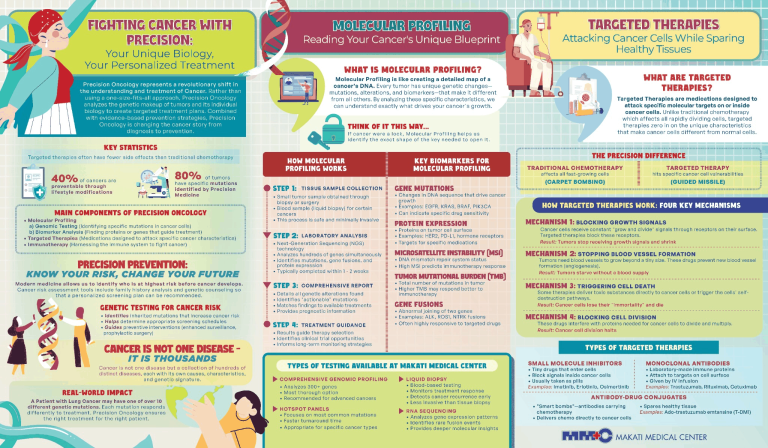What initially began as a mysterious disease in Wuhan, China, has now swept the world. Today, governments worldwide are scrambling to contain the CoViD-19 cases in their nations.
The novel coronavirus is an infectious disease that affects people in different ways. There is still much to learn about the virus, but what is sure is that it is highly transmissible and spreads easily compared to SARS. Its common symptoms are similar to that of the flu. However, its severe manifestations can range from respiratory problems—including shortness of breath causes—to kidney damage.
While those who are infected with mild symptoms and are otherwise healthy are likely to recover, the virus could have long-term effects on the body—specifically the lungs, since it primarily attacks the respiratory system.
What does the Virus do to the Lungs?
CoViD-19 is a respiratory disease that can cause mild to critical breathing problems. The virus affects the upper and lower parts of the respiratory tract. As it moves through the airways, the lungs will begin to swell and get inflamed. The lungs are the most affected when a person contracts CoViD-19, and it can have severe manifestations.
SARS-CoV-2 enters the airway and attaches itself to a cell via its surface spike protein. Some patients’ bodies react to this virus with an intense immune response called a cytokine storm. Combined with increased blood clotting, the potent virus causes considerable damage to the lung’s cells.
When the virus starts attacking the lung cells, the body replenishes the damaged tissue with scar tissue, which is thick and firm. This can lead to a condition called pulmonary fibrosis, which is a chronic and progressive disease that makes it difficult for the lungs to work properly. As this condition worsens, the patient will experience intense breathing problems and shortness of breath.
Complications Arising from Severe CoViD-19
The early symptoms of CoViD-19 include fever, cough, headache, fatigue, and sore throat, with flu-like symptoms exhibited for mild cases. For severe cases, it may cause short and long-term complications in the lungs.
- Pneumonia – One of the severe symptoms of CoViD-19 is pneumonia. When this occurs, patients will start to experience rapid heartbeat, shortness of breath, dizziness, and difficulty in breathing. Severe inflammation in the lungs damages the cells and the surrounding tissue lining the air sacs, which process oxygen.
- Acute Respiratory Distress Syndrome (ARDS) – Another severe effect of the virus to the lungs is ARDS, otherwise known as “well lung,” which is a form of lung failure. This happens when the air sacs get filled with fluid coming from tiny blood vessels in the lungs.
- Sepsis and septic shock – Sepsis is the body’s severe response to an infection that travels in the bloodstream, resulting in tissue damage and organ failure. When this occurs, the organs will start falling apart, eventually causing the organ systems to collapse, including the lungs and heart.
- Blood clots – Disseminated intravascular coagulation (DIC) is a condition that causes the body’s blood-clotting system to work differently, causing unusual clots that can result in internal bleeding or organ failure.
According to a study, DIC appears in 20% to 30% of critically-ill CoViD-19 patients. Patients in the ICU developed blood clots in small vessels, deep vein thrombosis in the legs, and lungs (pulmonary embolism or PE).
Lifelong Damage of CoViD-19
So far, many people are informed about the safety measures, symptoms, and treatment that must be observed. But, not much information is disseminated about its long-term effects after recovery. What is the state of CoViD-19 survivors’ long-term health? Will they suffer from chronic lung diseases?
Dr. Andrew Martin, chairman of pulmonary medicine at the Deborah Heart and Lung Center in New Jersey, noted that novel coronavirus patients with ARDS sometimes develop permanent lung damage or fibrosis. There have been reported cases of few survivors receiving a lung transplant to treat a condition now called post-CoViD fibrosis.
Damaged lung function from CoViD-19 infection can significantly affect other organs, such as the kidneys, heart, and brain, leading to health impacts that last even after recovery.
Three (3) factors determine how severe or lasting lung damage brought upon by CoViD-19 complications may affect a patient: disease severity, other health conditions, and treatment. Milder cases of coronavirus infection are less likely to experience lasting damage in the lung tissues. However, if a patient has pre-existing health conditions like heart disease, they can be more vulnerable to a severe case of CoViD-19 .
In terms of treatment, a patient’s recovery and lung health depend on the care they receive. Emergent treatment and support can help minimize lung impairment.
Prevent the Spread of Infection
CoViD-19 survivors with severe lung damage will require months or even a year (or more) for their lung function to go back to normal levels. Patients should welcome therapy and treatment for their quick recovery.
It’s important to take health and safety measures concerning coronavirus seriously. Wash hands frequently, observe physical distancing, and don’t forget to wear masks or shields in public to minimize the exposure to the virus.
If you have questions about CoViD-19 related symptoms, don’t hesitate to reach out to Makati Medical Center. Let’s do our part to slow down and contain this virus.

